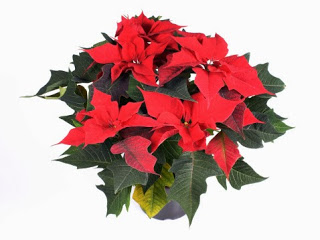It is easy to get a little careless when it comes to poison-proofing a home during the busy holiday season. The Pittsburgh Poison Center suggests taking a few minutes to remember some basic precautions to make the holiday festivities safe and enjoyable whether celebrating at home or away.
Increased travel brings a higher risk of unintentional poisoning, particularly to children. Medications are often stored in pill containers, suitcases, and purses where they are easily accessible to curious kids.
“Even when kept in “childproof” containers, children are still able to overcome this obstacle and access the pills and ingestion of even one pill can be deadly to a child, depending on the medication. We receive thousands of phone calls each year related to accidental ingestion of medications by children,” said Michael Lynch, M.D., assistant professor of Toxicology at University of Pittsburgh and Medical Director of the Pittsburgh Poison Center, located at UPMC Presbyterian Hospital.
Dr. Lynch recommends that all pill bottles and containers be placed out of reach of children.
“If possible, placing them in a locked container is ideal. The simple step of putting medication containers out of reach of children and locked away can prevent your holiday season from being marred by the tragedy of an accidental poisoning,” Dr. Lynch said.
Alcohol poisoning among children can be more common during the holiday season, too. Kids often mimic adults and drink partially filed glasses, regardless of the contents. Parents should keep an eye on children and encourage guests to be responsible at parties.
Another common concern during the holiday season relates to decorations. Holiday plants like poinsettias, mistletoe and holly are generally a safe and festive way to decorate our homes. Dr. Lynch said these plants are only harmful if eaten but adults still need to be smart.
“Ingesting holiday plants can cause symptoms such as nausea, vomiting, or diarrhea,” he said. “Just keep them away from small children and pets.”
Contact the Pittsburgh Poison Center at 1(800)222-1222 with any questions or concerns about poisoning.








